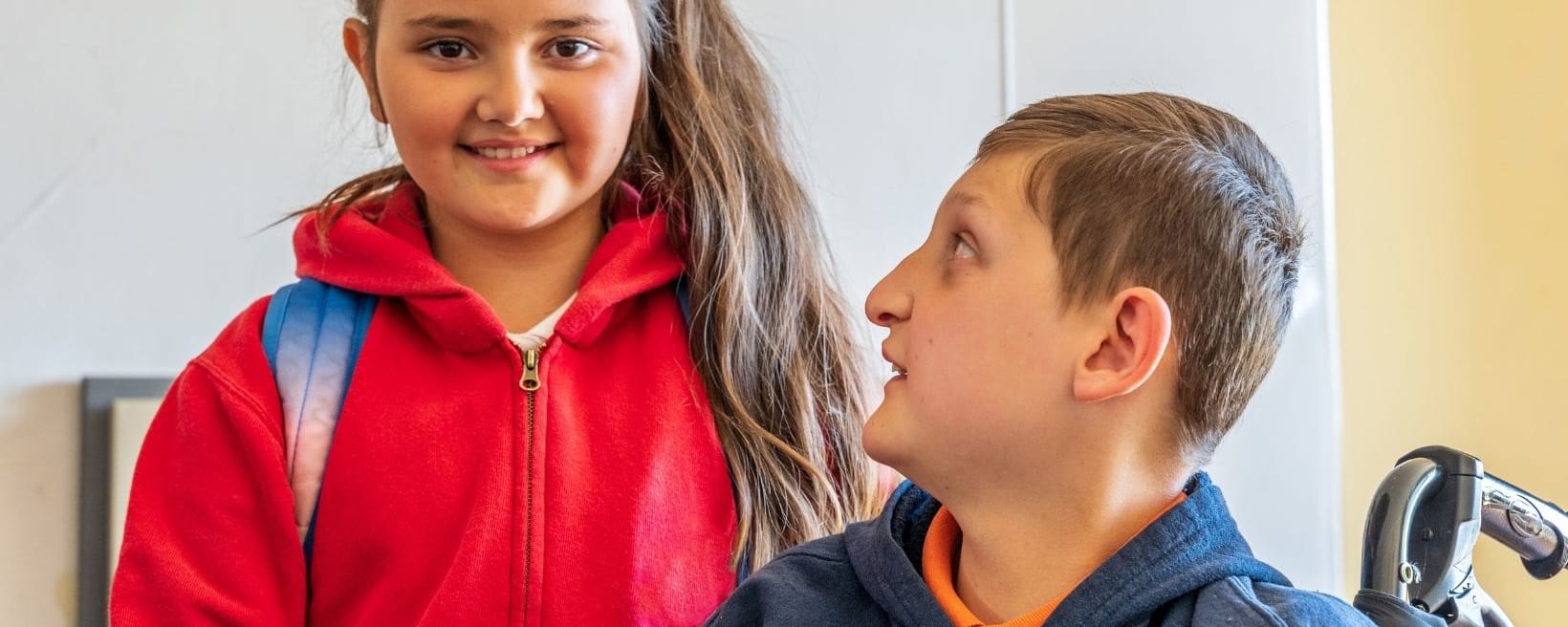Who’s caring for our young carers?

There are close to 800,000 young carers across the country according to the BBC and many of these are unknowingly carrying out the role. There may be a number of circumstances that have led young people into a life of caregiving, but it is important to recognise the impact it’s having on their mental and physical well-being.
Identifying a young carer
A young carer is defined as someone under 18 and they often take on more responsibilities than other children, such as looking after a relative with an illness, mental health problem, or disability. They might help with cooking, cleaning as well as providing physical help.
As many families have been the victim of benefit cuts, young carers have been left to pick up the pieces. According to Barnardo’s, there are many children across the country undertaking in excess of 15 hours a week of caring for a family member. Maggie Atkinson, the then Children’s Commissioner for England, told the BBC that child carers “save the state millions” and many of them “lose their childhoods” due to their roles within the home.
It’s often difficult to identify a young carer as many feel they are just fulfilling their duty as a relative. There are few measures in place within schools or even doctor’s surgeries that help identify a young carer, which inevitably means they don’t receive the support they need. According to a report by Barnardo’s 45% of secondary school teachers said they did not feel confident they would recognise a young carer and over a third (36%) said they did not feel confident about how to refer any young carers to external support services.
The impact on young carers
The responsibility of caregiving is having long term effects on the futures of young carers, with many suffering with mental health issues, isolation and even bullying at school. A YouGov survey of over 800 teachers found that three in every four teachers (76%) feel young carers will hide their situation from their classmates and 57% of teachers felt young carers will hide their situation from figures of authority such as the police, social workers and health care professionals.
There is a stigma around what it means to be a young carer and often young carers themselves fear the consequences if they were to reveal their situation – the most worrying being potentially separated from the family home. There is also concern around how others might see them, whether that is extended family, friends or people in their local community.
Support for young carers
In the UK, the average age of a young carer is 12, whilst some are as young as four. As such, there is little support for carers in this age bracket.
The first step is in identifying the young carers, which can only come through proper training given to teachers and GPs. Schools in particular, should have a dedicated individual who can carry out the correct referrals to agencies, whilst GPs should be trained to ask the right questions to identify those in a situation of providing care.
The second perhaps, is in supporting the young carers’ own mental health. In a previous Children’s Commissioner Report, young carers asked for three forms of support: someone to talk to, an emergency/crisis plan and mental health support.
Whilst it can be difficult to take on the role of a caregiver, it is incredibly rewarding. If you too would like to be part of an industry that supports the most vulnerable people in society, then our health and social care courses provide the ideal route.
Apply now to secure your place for September. See our Health and Social Care courses.



